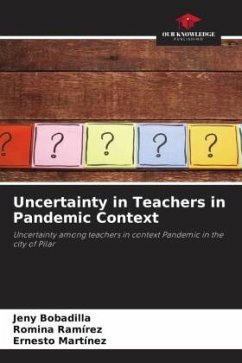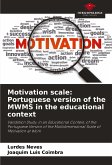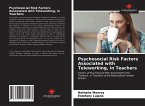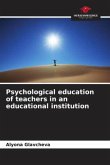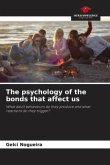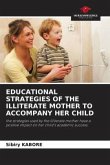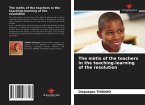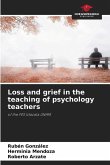Intolerance to Uncertainty is considered to be a person's perception and way of responding to uncertain or ambiguous situations. Therefore, this study was conducted with the objective of analyzing the level of Intolerance to Uncertainty of the teachers of the schools of the city of Pilar, year 2021. Adopting as a methodological strategy a quantitative and qualitative approach, with observational, cross-sectional and prospective design for the description of the phenomenon, the data are analyzed by descriptive statistics procedure, from the administration and subsequent application of the test, Intolerance to Uncertainty Scale (IUS), of 27 items on uncertainty, as a factor of cognitive vulnerability underlying the anxiety disorder; and in turn, the Pennsylvania Worry Inventory, with 16 items, which evaluates the general tendency or trait of worrying, a variable that seems to play an important role in emotional processes and in anxiety and mood disorders, to 60 teachers from 3 schools in the city of Pilar, concluding that uncertain situations and ambiguities in life cause stress.
Bitte wählen Sie Ihr Anliegen aus.
Rechnungen
Retourenschein anfordern
Bestellstatus
Storno

